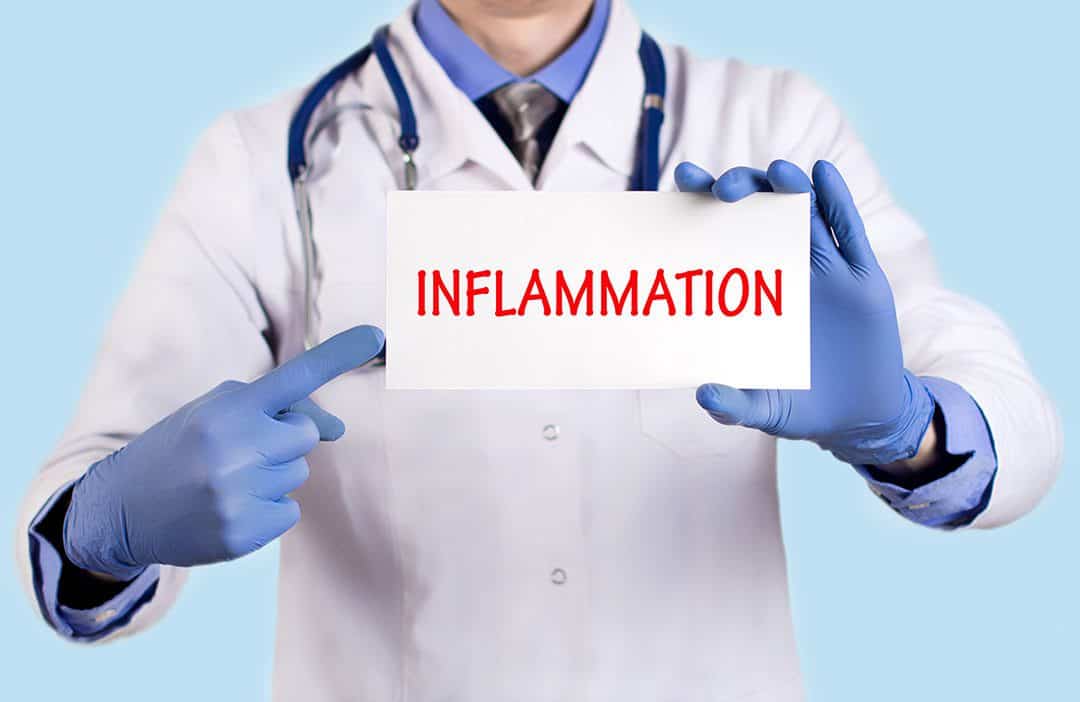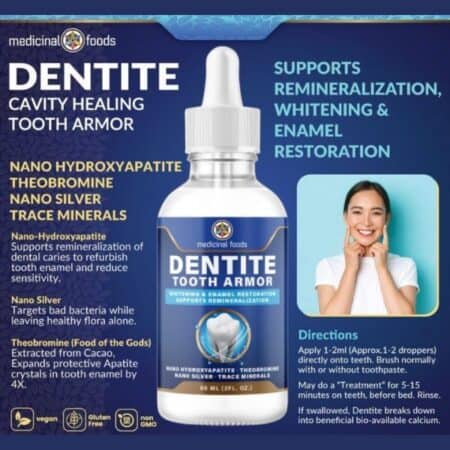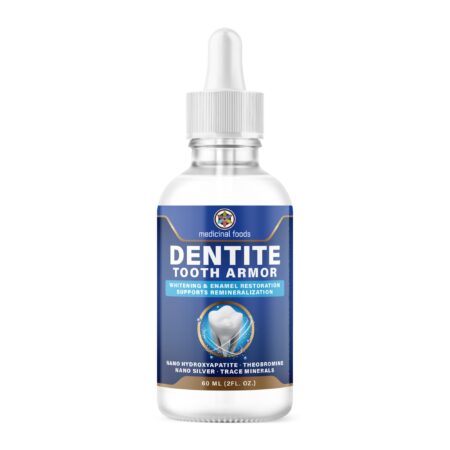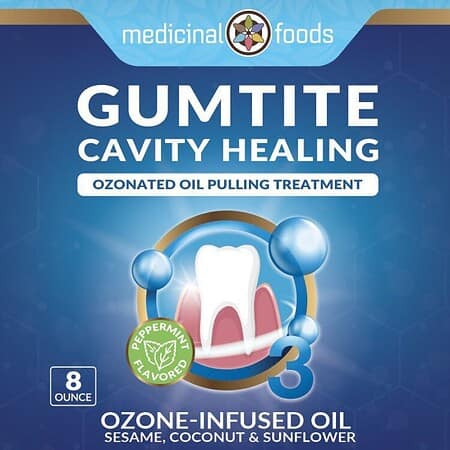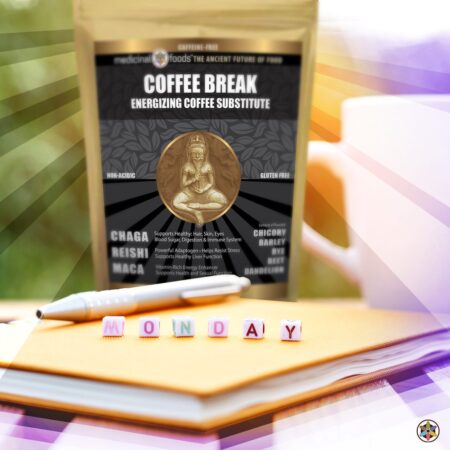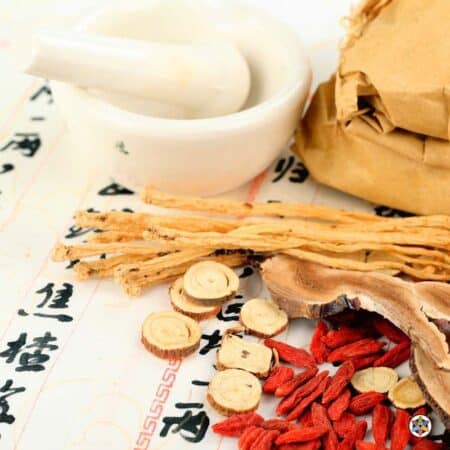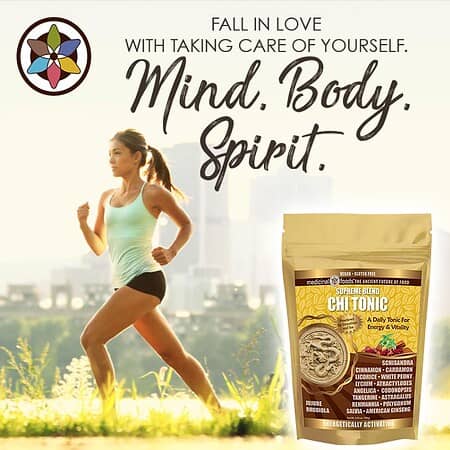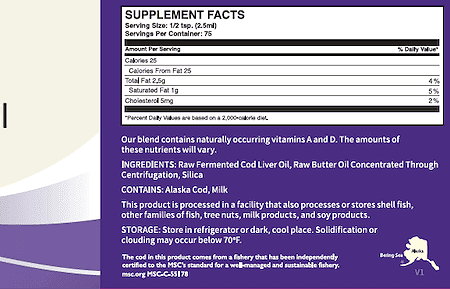Are you wondering how to reduce inflammation? Or maybe you have a chronic condition that is causing inflammation. Or do you feel like you’re always fighting off some kind of infection?
If so, you’re not alone. Inflammation is one of the leading causes of disease in the United States. But don’t worry – there are things you can do to help reduce inflammation and improve your health.
The internet is full of stories claiming that certain foods that reduce inflammation in the body. Yes, diet can impact this. But these stories often fail to address the bigger picture.
How to reduce inflammation in the body fast
To make any significant difference, it’s necessary to focus on long-term eating habits. This is what we emphasize, that people need to focus on their pattern of eating as opposed to eating a few particular foods to reduce side effects.
Studies are looking at antioxidants and plant-based nutrients. The antioxidants prevent free radical species from damaging our DNA and causing oxidation. For those interested in reducing this symptom, water helps reduce swelling.
How to reduce inflammation in the body
Turmeric and Omega 3 fatty acids in fish oil capsules, may offer some protection because they have anti-inflammatory properties. In terms of joint pain, capsaicin the same chili pepper extract may have anti-inflammatory properties.
Your immune system becomes activated when your body recognizes anything foreign, such as an invading microbe, plant pollen, or chemical. However, sometimes it can persist, day in and day out, even when you are not threatened by a foreign invader, that’s when this can become your enemy.
Many major diseases that plague us—including cancer, heart disease, diabetes, arthritis, depression, and Alzheimer’s—have been linked to this effect.
Reduce inflammation
One of the most powerful tools to combat swelling comes not from the pharmacy, but from the grocery store. "Many experimental studies have shown that components of foods or beverages may have anti-inflammatory effects.
The fact of the matter is that while this is a bother, the body needs it to some degree. Inflammation is a physiological response acting as an alert system for the body. Reducing is essential, but without inflammation, the body would have some serious trouble.
Avoid foods you couldn’t make at home, like corn chips. can’t buy corn and go home and convert it into corn chips. There are a lot of chemicals and extra stuff that go into it.
A quick way to recognize ultra-processed foods is to read the ingredients and see if you can pronounce what’s in them. The stuff you can’t pronounce is what can promote inflammation. Sugar and soda may cause inflammation because of their effects on insulin.
On the flip side are beverages and foods that reduce inflammation, and with it, chronic disease, fruits, and vegetables such as blueberries, apples, and leafy greens that are high in natural antioxidants and polyphenols—protective compounds found in plants.
Reduce inflammation in the body
To reduce levels of inflammation, aim for an overall healthy diet. If you’re looking for an eating plan that closely follows the tenets of anti-inflammatory eating, consider the Mediterranean diet, which is high in fruits, vegetables, nuts, whole grains, fish, and healthy oils.
Now you’re likely wondering why reducing inflammation is so essential. In a world without inflammation, our wounds would progressively get worse. Infections would go on in the body without detection. The results would be catastrophic to the body.
Well, when this happens for too long or swelling happens where it’s unnecessary, issues occur. White blood cells target the area after the immune system signals for them.
Without a real threat, the white blood cells tend to begin targeting internal organs or other healthy cells and tissues. With this being the case, reducing swelling is ideal in these situations.
Identifying low levels of chronic inflammation is an area of ongoing research because we don’t yet know how to test for it and identify it in clinical practice.
You can see things like redness, swelling, and pain associated with it, but you can’t detect it on a CT scan. There’s no one standard test that can be done for a patient to detect this.
Being keenly aware of how the world can affect your mental health and having the courage to act on things, open up about your emotions and what’s going on in your head, and seek out counseling or meditating. It’s 150 to 300 minutes per week of moderate exercise, and not sitting for more than an hour at a time.
All across the globe, reducing inflammation is a priority, and as it should be! The body’s inflammatory response plays a critical role in how people feel on a day-to-day basis. In addition to lowering inflammation, a more natural, less processed diet can have noticeable effects on your physical and emotional health. "A healthy diet is beneficial not only for reducing the risk of chronic diseases but also for improving mood and overall quality of life.
In the science lab, scientists determine how hydrogen-rich water would help with fatty liver problems in mice. During the experiment, the anti-inflammatory effect of hydrogen-rich water was observable.
Using anti-inflammatory markers, they uncovered that hydrogen-rich water decreases the pro-inflammatory mediators while pushing anti-inflammatory mediator production in the mice suffering from ethanol-induced fatty livers. They show hydrogen water not only assists with reducing inflammation but preventing issues associated with it as well.
Through their research, these researchers show how molecular hydrogen therapy has a window of opportunity to treat rheumatoid arthritis effectively. If the individual misses this window, the inflammation can progress, resulting in joint and bone deterioration.
Reducing inflammation helps the body avoid various diseases. Some of the most common problems occurring in the body when reducing inflammation isn’t a priority include rheumatoid arthritis, lupus, and even type 1 diabetes.
Lessening the risk of setting the foundation for other diseases is also a part of reducing inflammation. Some dangerous, age-related diseases come with chronic inflammation. These can include heart disease, neurodegenerative conditions, and cancer.
Whole-body inflammation is also a major contributor to some psychological disorders. A prime example of this is depression, showing just how reducing inflammation goes beyond promoting physical health.
Although genetics can influence chronic inflammation, reducing inflammation is something anyone can try. Even with hydrogen water-reducing inflammation, using some other strategies in conjunction will come in handy for those seeking relief.
Reducing this helps the body long-term. Having a multi-faceted strategy in place is ideal for those suffering from this chronic problem. And while hydrogen water will play a key role in reducing inflammation, there are some other tips you should know about too.
Incorporating an anti-inflammatory diet is a successful strategy to handle inflammation this kind of diet bases consumption on meals full of fresh, healthy, and tasty ingredients. With a diet focusing on inflammation reduction, people are finding the relief they need.
Within this diet, a healthy balance of omega-3 and omega-6 fatty acids proves essential. A lot of people are eating beyond what they need, resulting in the body’s production of more compounds contributing to the body’s inflammatory response.
Omega 6 fatty acids are in various kinds of foods. These include but aren’t limited to snack foods and fast foods.
Omega-3 fatty acids promote a desirable anti-inflammatory effect. These foods include walnuts, hemp, oily fish, sea vegetables, and canola oil.
Some other foods to add to a diet decreasing inflammation are beans and legumes, whole grains, fruits such as blueberries and strawberries and green leafy vegetables, whole soy foods, and fish and seafood. You can also try incorporating plenty of dietary fiber, protective phytonutrients, and minerals for a reduction in inflammation.
Anti-inflammatory foods are tomatoes, olive oil. Green leafy vegetables, such as spinach, kale, collards. nuts like almonds and walnuts. fatty fish like salmon, mackerel, tuna, sardine, fruits such as strawberries, blueberries, cherries, and oranges.
To reduce levels of inflammation, aim for an overall healthy diet. If you’re looking for an eating plan that closely follows the tenets of anti-inflammatory eating, consider the Mediterranean diet, which is high in fruits, vegetables, nuts, whole grains, fish, and healthy oils.
Studies have also associated nuts with reduced markers of inflammation and a lower risk of cardiovascular disease and diabetes. Coffee, which contains polyphenols and other anti-inflammatory compounds, may protect against inflammation, as well. In addition to lowering inflammation, a more natural, less processed diet can have noticeable effects on your physical and emotional health.
Inflammation can occur in response to many triggers, some of which are hard to prevent, including pollution, injury, or sickness.
However, you have much more control over factors like your diet.
To stay as healthy as possible, keep inflammation down by minimizing your consumption of foods that trigger it and eating anti-inflammatory foods.
In one study including 25 adults, those who consumed blueberry powder every day produced significantly more natural killer cells (NK cells) than those who did not consume the powder. These findings were similar to those of an older study.
Your body naturally produces NK cells, and they help keep your immune system functioning properly.
In another study, adults with excess weight who ate strawberries had lower levels of certain inflammatory markers associated with heart disease than those who didn’t eat strawberries
Doctors are learning that one of the best ways to reduce inflammation lies not in the medicine cabinet, but the refrigerator. By following an anti-inflammatory diet you can fight off inflammation for good.
In this article, we have explored how to reduce inflammation based on the link between processed foods and chronic inflammation, we’ve looked at how our gut bacteria can be altered by these types of food, diabetes, heart disease, obesity, and cancer.
So what does all this mean? It means you need to start eating more real foods!


